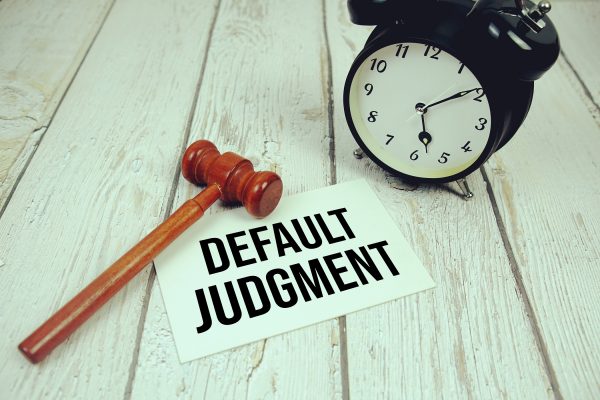What information is too scant to meet the definition of concise?
For court claims, this is an important consideration. Part 16.2(1)(a) of the Civil Procedure Rules states that any claim form must contain a concise statement of the nature of the claim. With litigants in person, who aren’t being advised by legal representatives, there seems to be a growing trend to test the limits of that requirement.
The modern court system is, theoretically, built around speed and convenience. Several governments have introduced systems designed to make it easier for litigants to issue claims. Two of these are the Money Claim Online (MCOL) service, which can be used for claims up to £100,000 in value and allows for pleadings of around 1,080 characters, and the County Court Online, which, based on my own experience, seems a bit more generous in terms of character limits.
That said, litigants in person still seem to be in an almost indecent rush to issue proceedings where allegedly defective vehicles are concerned. Their pleadings strive for brevity to the point where, commonly, they don’t even give details of the vehicle they bought from the Defendant. Which leads to a question: if pleadings don’t mention the make, model, or registration of the vehicle, has the Claimant complied with Part 16.2(1)(a)?
Sadly, the answer seems to be yes. After all, they’ve stated that they bought a vehicle. That it was apparently a bit of a duffer. That they want their money back. Which, technically, is enough to tell the Court what the claim is about.
This can be deeply frustrating, but so long as the information provided on the claim form does not preclude an effective defence, it will be considered acceptable. Looking at this from both sides of the coin, I defended a case years ago where the particulars of the claim were brief enough you could’ve fitted them on the back of a postcard, and still had room left over to say how lovely Margate is this time of year. In that case, the Claimant was told to amend his pleadings and provide more detail.
Yet, in another job, I frequently issued claims using MCOL (as it was quicker than posting papers to the Court). While various Defendants and their representatives argued that the pleadings had not been properly particularised, our profession liking anything alliterative, it was an argument easily refuted by simply showing that the pleadings stated what had gone wrong, who was involved, when and where it happened, and what remedy was sought. Admittedly, these were insurance claims, and would’ve been difficult to prove without giving vehicle details.
Still, you should consider there may be opportunity in this. While seeking summary judgment may be an expensive waste of time, you may have an opportunity to outflank the Claimant further down the line. Where Claimants are invited to provide vehicle details and fail to do so, an argument can be made in Court that the Claimant has failed to evidence their claim, despite having ample time to do so, as litigants remain bound by the orders of the Court, regardless of how much (or how little) information they provide in their pleadings.

Need help with keeping on track with FCA Regulation and Compliance? Partner with Automotive Compliance








